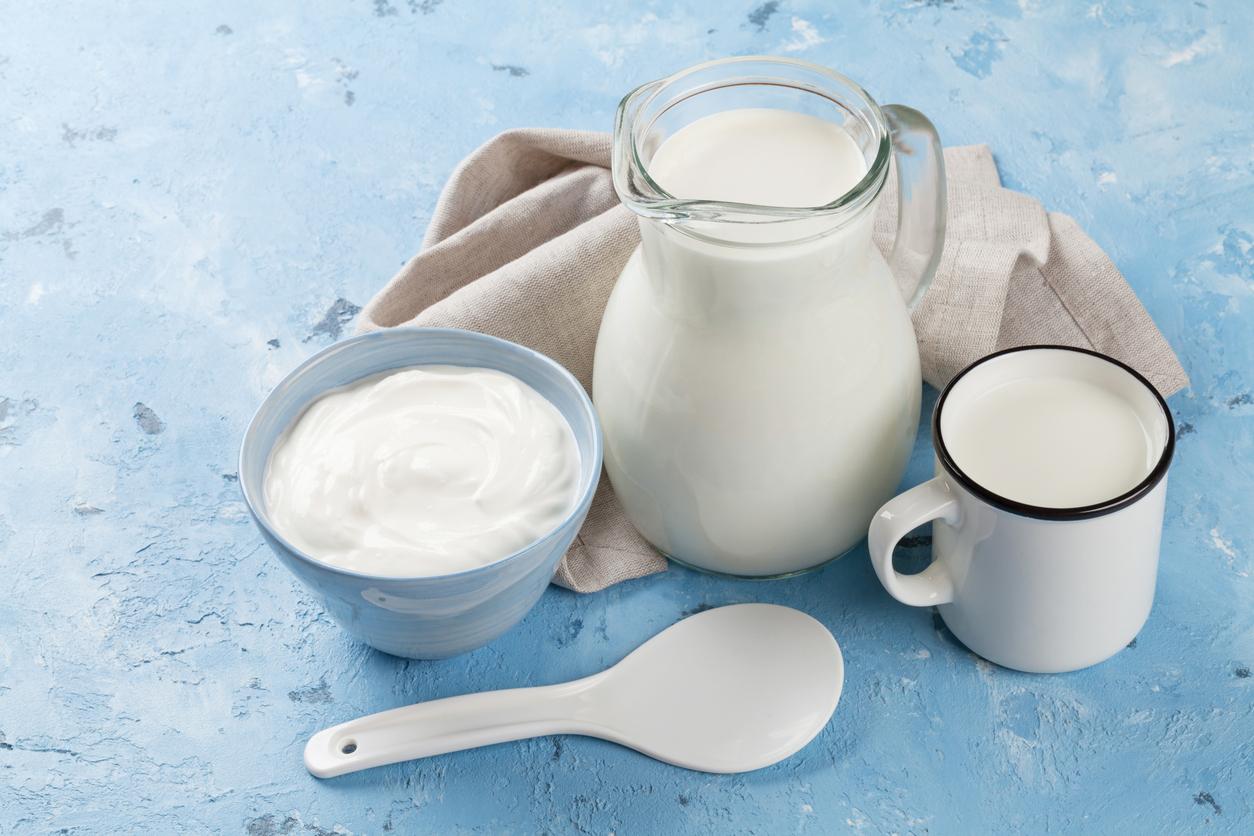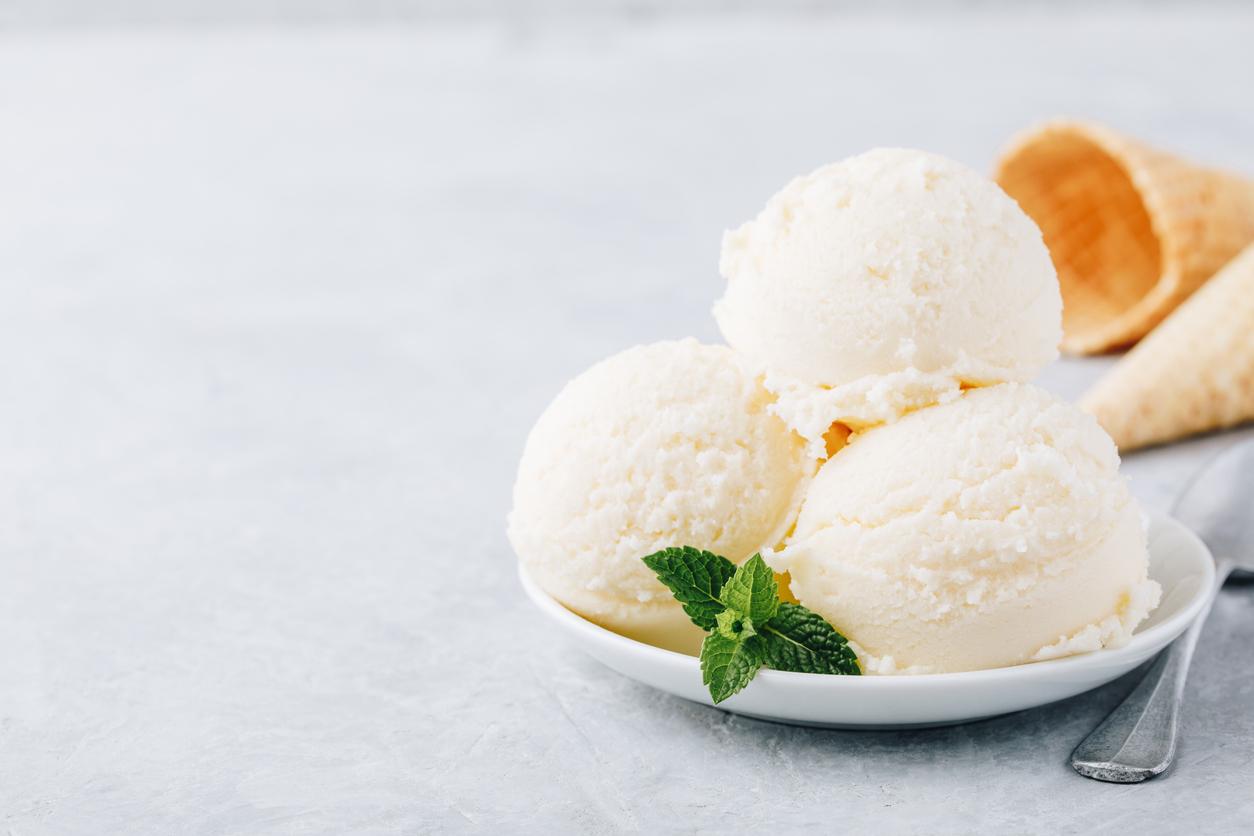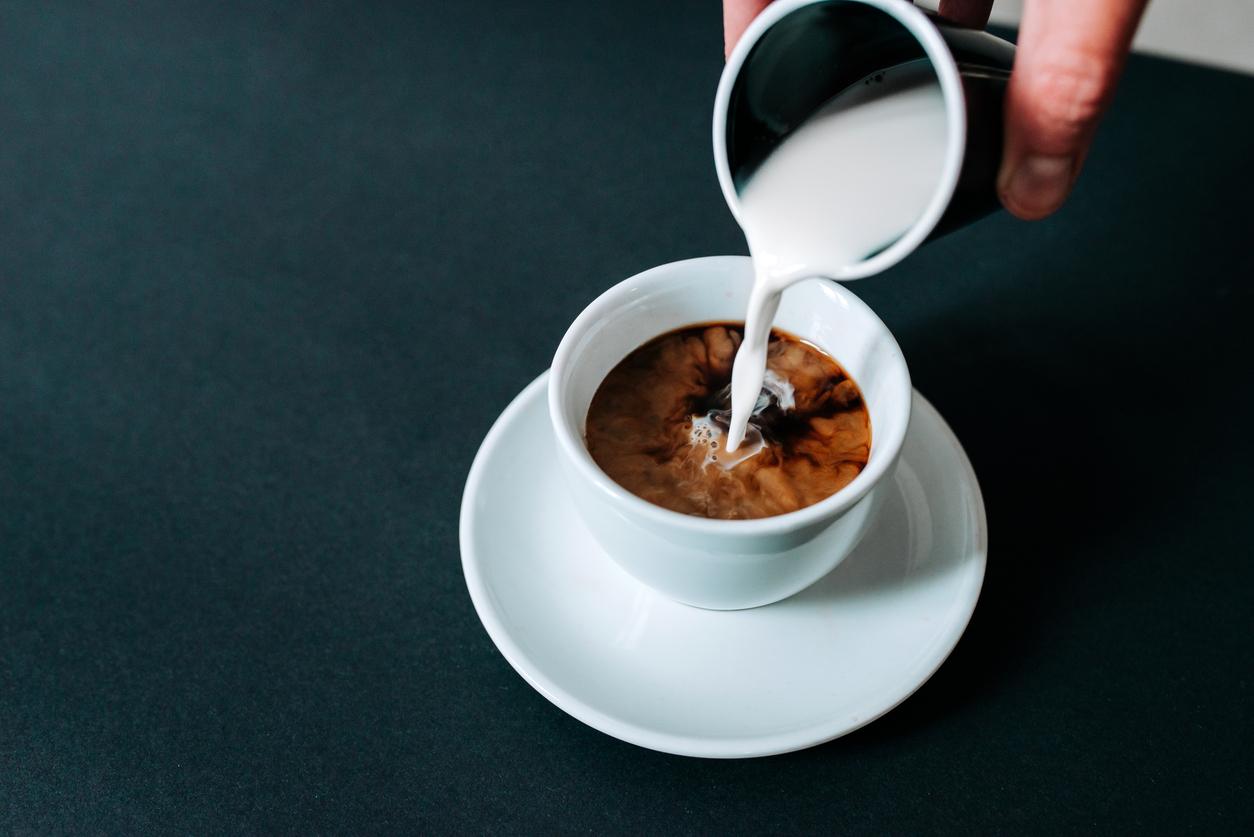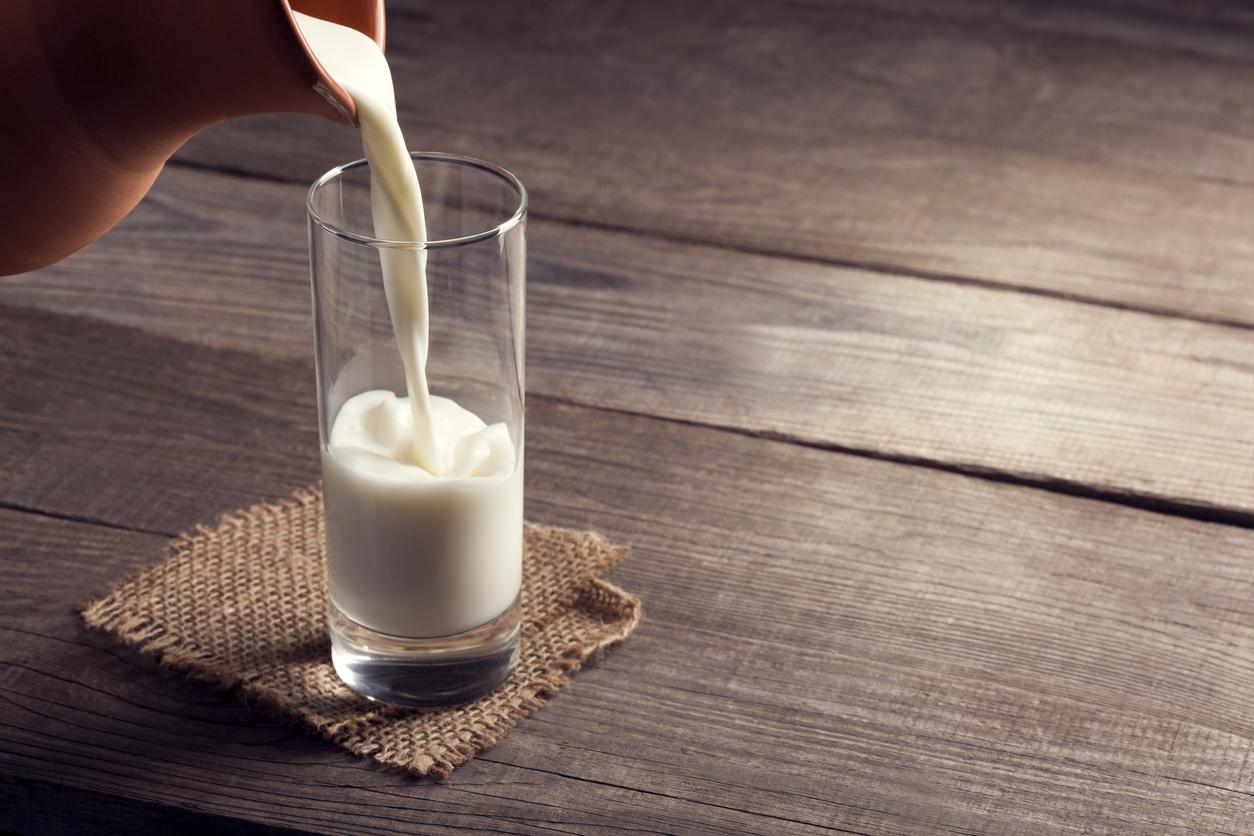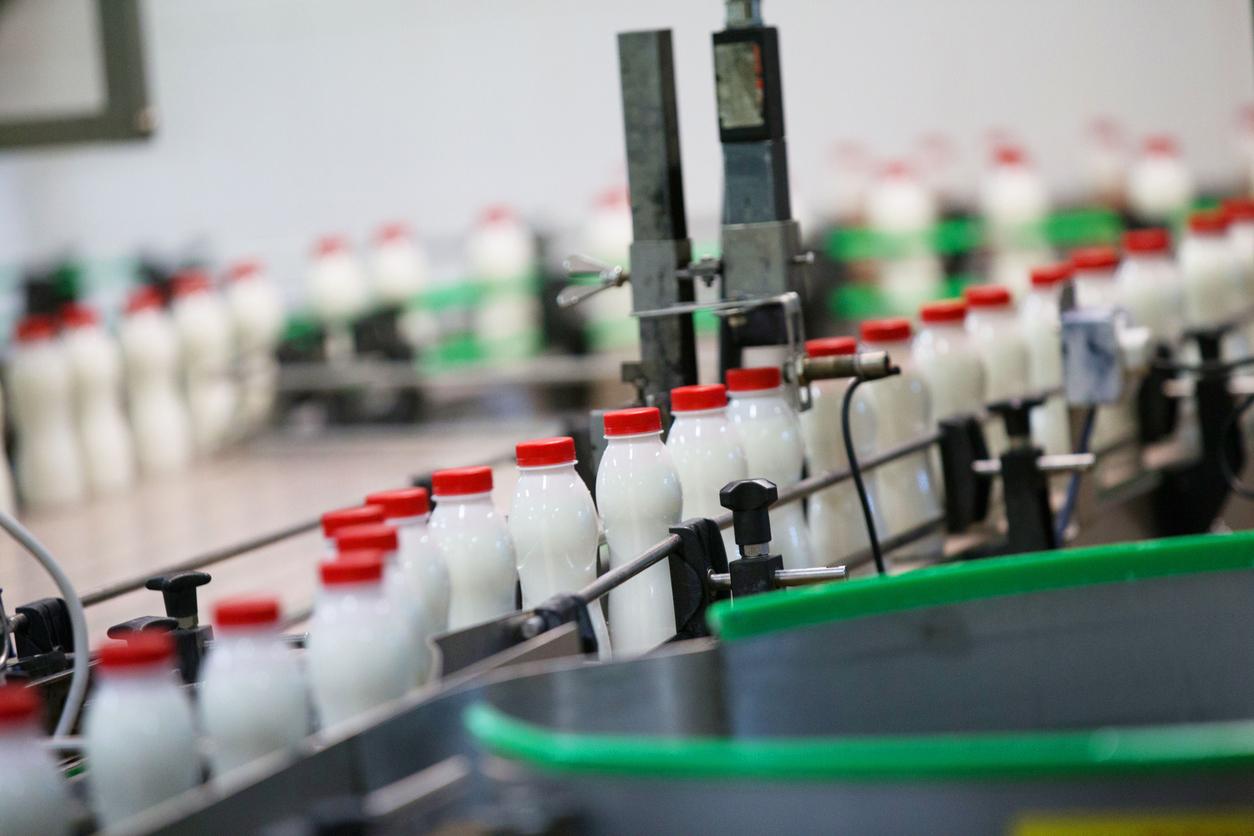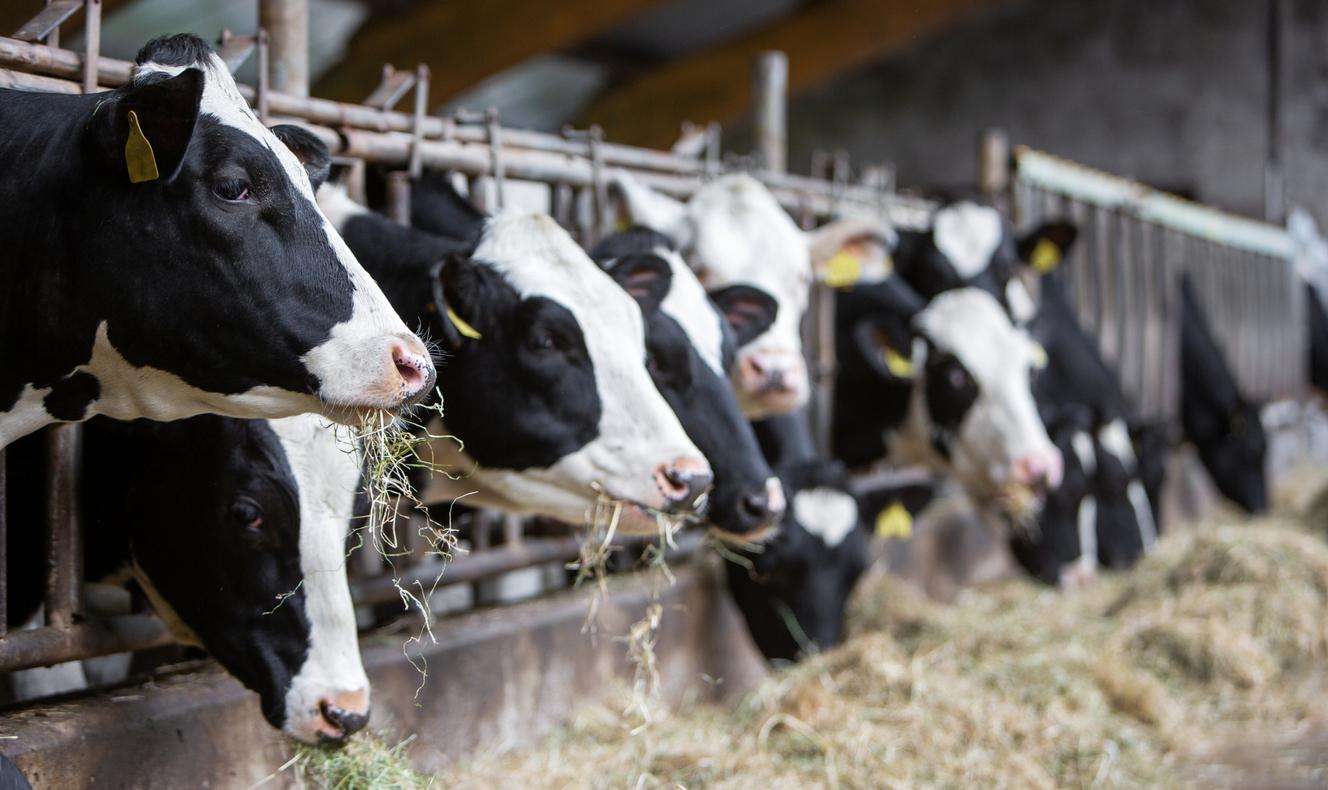The benefits of breastfeeding no longer need to be demonstrated: strengthening of the child’s immune system, reduction of chronic diseases in adulthood, slimming and anti-Cancer for the mother, but also strengthening of emotional bonds between mother and child. But what is the impact of prolonged breastfeeding on the dental health of the baby? This question is currently under debate. Now the healthy teeth is paramount. Because even if they are led to fall from the age of six, a baby tooth that falls too early or that is removed because of its poor condition often causes the final tooth to grow in a bad position, which leads to jaw imbalances.
Breast milk: a less good protector?
A caries forms when bacteria build up on the tooth, in the dental plaque that covers it. These bacteria, like Streptococus mutans, produce acids that eat away at the tooth. They proliferate thanks to the sugars of ingested food. This is why milk is regularly singled out because it contains a high sugar content: lactose. Currently, no scientific study has fully established thebreastfeeding out of cause in the occurrence of caries on baby teeth, but there is no evidence either that it is the main culprit. But the problem would come from prolonged breastfeeding, beyond the age of 12 months, when the child eats other foods at the same time. Indeed, breast milk corrects the acidity caused by the intake of a sweet food less well than other milk (growth or cow’s milk). Thus, along with a diet rich in sugars, the risk of cavities could be higher if the child is fed in the mother’s bed rather than other types of milk.
Watch out for bottle-feeding syndrome
Another factor that promotes cavities is nighttime feeding, whether with breast milk or another type of drink. Indeed, when the child falls asleep with his bottle, the milk, the fruit juice or the drink which he has just drunk remains in the mouth. The sugar is then transformed by the bacteria into acids which attack the fragile enamel of the baby teeth. This is what dentists call “bottle syndromeDespite its name, bottle syndrome is not related to the bottle itself: studies have shown that nightly breastfeeding in children over 12 months of age is also correlated with a higher risk. cavities in these babies.
Saliva protects against cavities
And in these cases where the child falls asleep with something to suckle, breast or bottle, the saliva does not have “time” to play its cleaning and protective role since it is responsible for cleaning the teeth, reducing the pH of the mouth (neither too acidic nor too low) and destroy bacteria.
In addition, the salivary glands being less productive during sleep, the teeth more vulnerable.
As a result, cavities can quickly gain ground and all teeth can be gnawed down to the root. As soon as the child has teeth, it is therefore necessary to limit the frequency of nocturnal feedings and to withdraw the breast before he falls asleep. More generally, it is better to limit too regular food intake by spacing out bottles and feedings by at least one hour.
How to avoid cavities in babies
Other simple actions can limit the risk of cavities:
- As soon as the first teeth appear, rinse baby’s mouth with water or a cloth soaked in physiological serum
- Brush his teeth with a toothbrush adapted to its size. Only with water at first, then from two years old with a very small dose of fluoride toothpaste adapted to his age (as soon as he knows how to rinse his mouth and spit)
- Do not let him fall asleep with a bottle in his mouth or without rinsing his teeth after a food intake
- Take your child to the dentist every year from the age of 2. If in doubt, do not hesitate to ask your pediatrician for advice.
Sources:
- Breastfeed today (La Leche League France)
- Ameli-santé.fr
- Dental EDP
- French Union for Oral Health (UFSBD)
- Breastfeeding and Dental Caries Looking at the Evidence, Valerie Lavigne, Clinical Lactation, 2013
- Feeding habits and severe early childhood caries in Brazilian preschool children. Azevedo et al, Pediatric Dentistry 2005
>> To read also:
Infographic: baby feeding month by month
Baby cannot digest milk: allergy or simple intolerance?
Children: what are these stains on their teeth?
Baby teething: how to relieve it?









